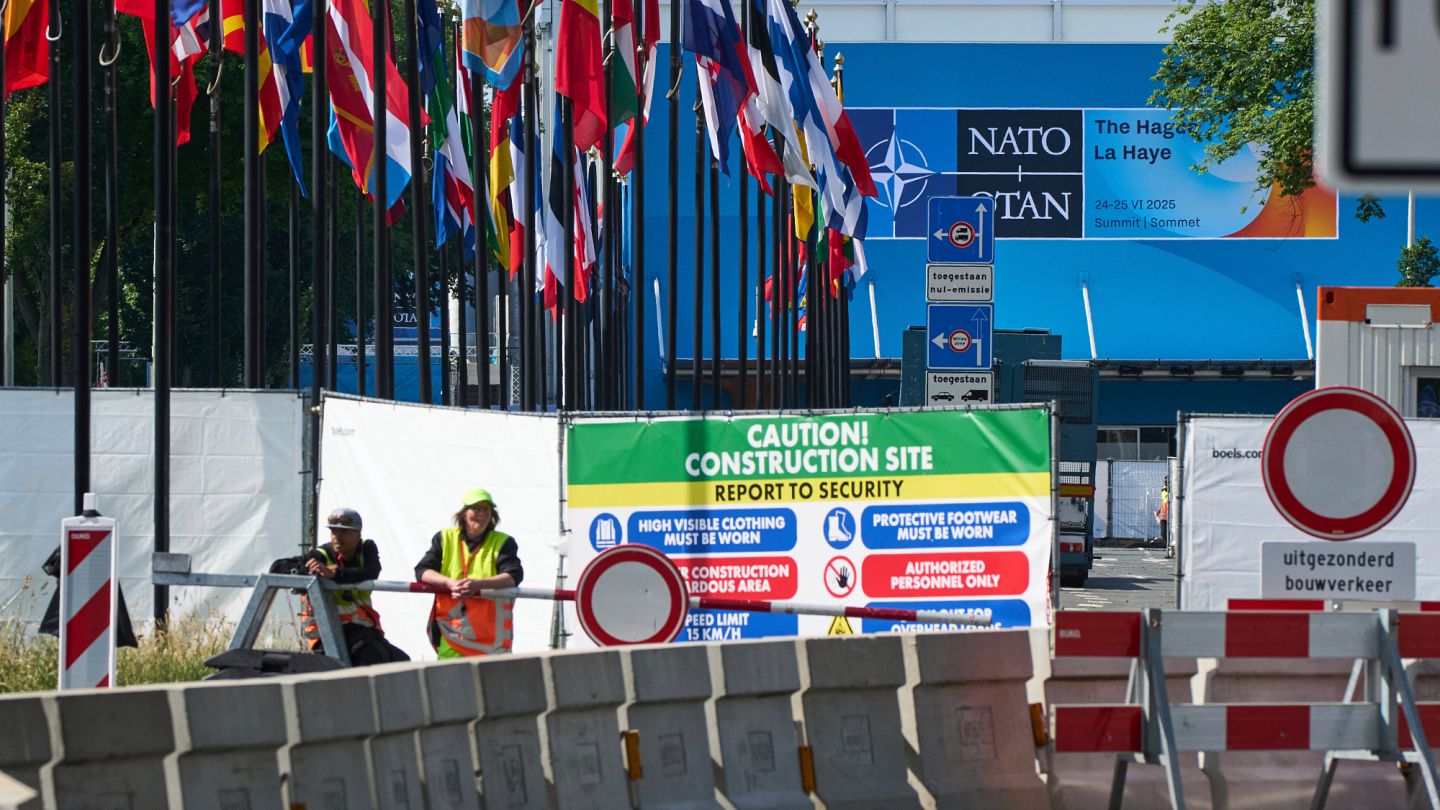NATO agrees to 5% higher defence spending target ahead key summit at The Hague
This week, allies are expected to commit to spending around 3.5 percent of GDP on "hard defence" that will include weapons and troops and an additional 1.5 percent on defence-related investments such as cybersecurity and military mobility.
NATO allies have reached a consensus to increase spending on defence to 5% of their countries' GDP by 2035, media reports showed on Sunday. According to the reports citing diplomatic sources, ambassadors from all 32 NATO member states signed the new spending pledge ahead of its major summit in The Hague on Tuesday and Wednesday. This week, allies are expected to commit to spending around 3.5 percent of GDP on "hard defence" that will include weapons and troops and an additional 1.5 percent on defence-related investments such as cybersecurity and military mobility. The 5 per cent pledge has long been championed by US President Donald Trump, but Trump hinted last week that Washington may not follow through, and should not be held to the same standard. The US currently spends around 3.2 to 3.4 percent of its GDP on defence. Trump cited decades of US financial support to back up his The Netherlands is hosting the annual meeting of the 32-nation alliance starting Tuesday, 24 June, with leaders scheduled to meet on Wednesday, 25 June.The heads of government want to hammer out the agreement on a hike in defence that appeared largely done last week, until Spain’s Prime Minister Pedro Sánchez wrote to NATO Secretary General Mark Rutte that committing Madrid to spending 5% of its gross domestic product on defense “would not only be unreasonable, but also counterproductive.”Reports suggest the alliance will make a provision and exception that accommodates Madrid's situation. Around 45 heads of state and government are expected at the summit in the Dutch town for two- day summit.Meanwhile, hundreds of people protested on Sunday against NATO and military spending. Billed as a demonstration against NATO and the war in Gaza, protesters also denounced Israel and US military actions in Iran, chanting, 'No to war.'“We are opposed to war. People want to live a peaceful life,” said 74-year-old Hossein Hamadani, an Iranian who lives in the Netherlands. Look at the environment. “Things are not good. So why do we spend money on war?” he added.Almost a third of US allies still fall short of NATO's current aim of at least 2% of their gross domestic product, even though defence expenditure has increased since Russian President Vladimir Putin authorised a full-scale invasion of Ukraine more than three years ago.The summit is being guarded by thousands of military and police personnel, drones, no-fly zones, and cybersecurity specialists.Code-named "Orange Shield," the largest Dutch security operation to date, around 27,000 officers, that is half of the Dutch police force, will be present to provide security for the summit.


